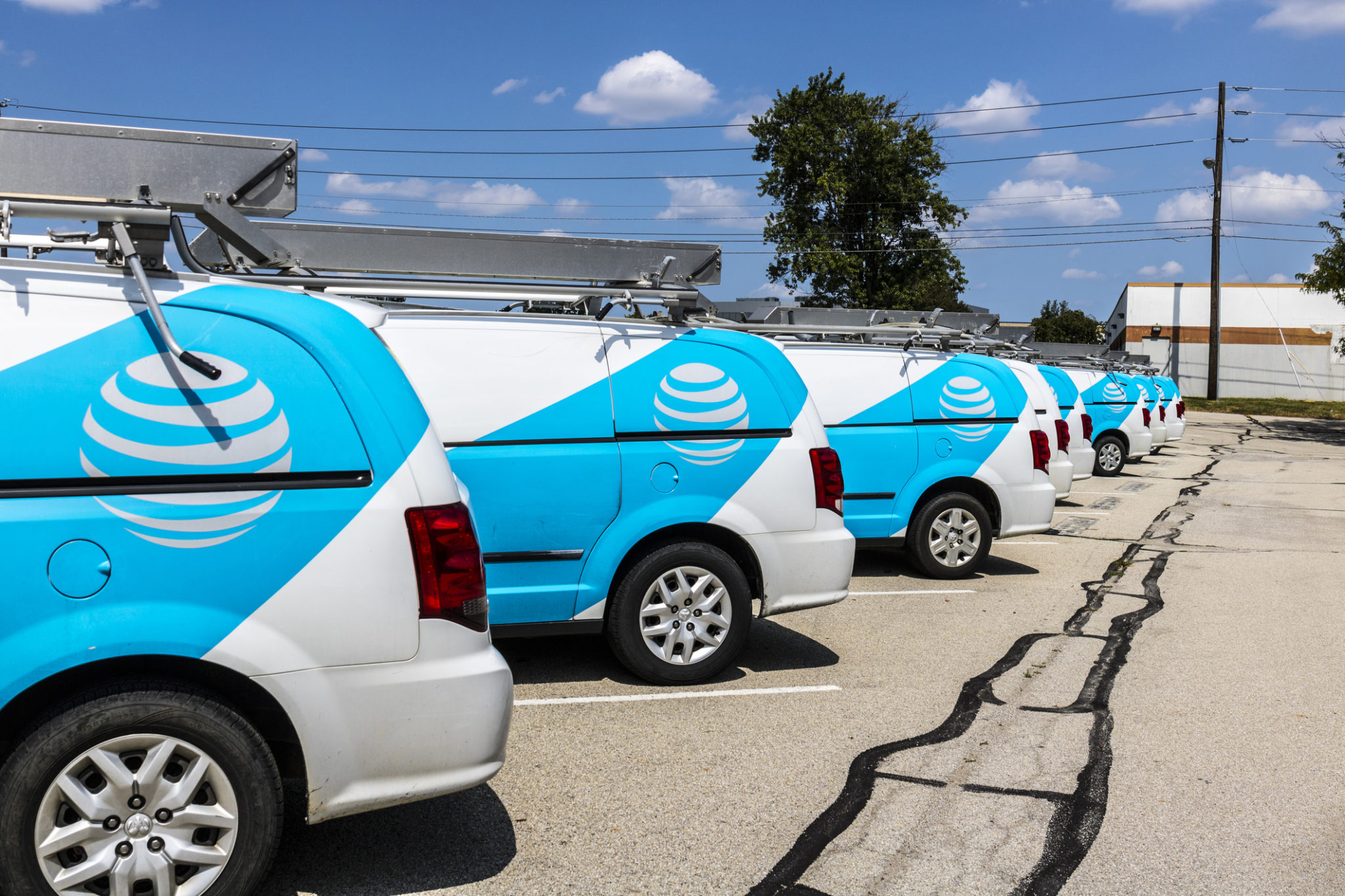AT&T is urging Big Tech companies, such as Google, to step up and share the financial burden of rolling out broadband internet. The telecom giant suggests that these tech giants should contribute to the government’s Universal Service Fund (USF), as they directly benefit and profit from the expansion of broadband networks. The USF is a crucial mechanism for financing the delivery of broadband to underserved areas, but its funding is dwindling due to reliance on fees from traditional phone services.
In a recent company post, Rhonda Johnson, AT&T’s executive vice president of federal regulatory affairs, proposed the idea as a means to “future proof” the USF. This recommendation aims to tackle a concern widely shared about the USF, which not only provides subsidized phone, internet, and wireless services to low-income households but also funds infrastructure buildouts. However, given the rapidly declining state of the traditional phone service, the USF’s funds are drying up, putting its ability to support anyone in jeopardy.
Johnson emphasized that the current funding mechanism, rooted in an outdated framework, places the financial burden on a small number of companies and their customers. In fact, telecommunications providers now contribute 29.2% toward their USF obligations, compared to only 6% in 2000, marking an almost 400% increase. Recognizing the inherent flaws in the existing system, Johnson stressed the need for change to ensure access to high-speed internet for communities nationwide.
Securing sustainable funding for the USF is crucial, particularly for building broadband infrastructure in remote areas, where the costs are significantly higher. While some propose adding broadband revenue to the fund, Johnson dismissed this idea as “woefully shortsighted” and incapable of generating the long-term funding required by the USF.
AT&T argues that relying on declining telephone companies and limited broadband revenue streams poses a risk to the USF’s stability. Given the robust growth rates of Big Tech companies like Google and Meta, broadband companies lag behind in comparison. Therefore, AT&T suggests that the Federal Communications Commission (FCC) should expand the USF program to include big tech companies, as this has the potential to secure long-term funding and safeguard the USF’s future.
By calling on Big Tech to contribute to the USF, AT&T aims to address the pressing need for broadband internet expansion while ensuring a fair distribution of the financial responsibility. As the digital landscape evolves and traditional phone services gradually fade away, reforming the funding mechanism of the USF is deemed essential to keep up with the demand for high-speed internet access across the country.

